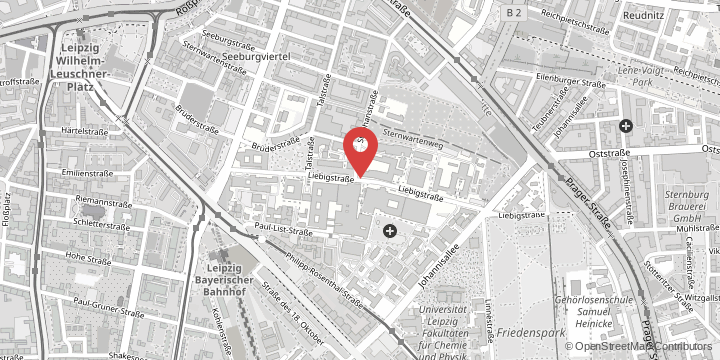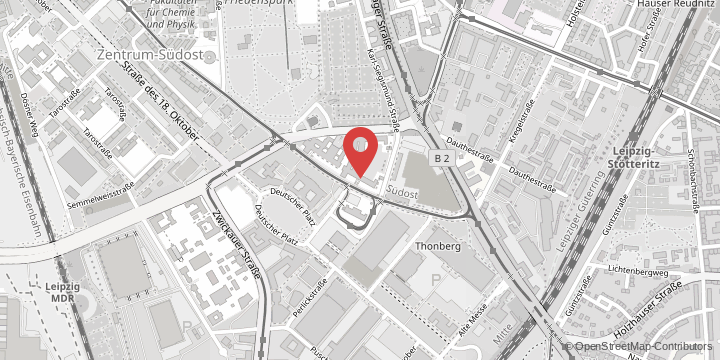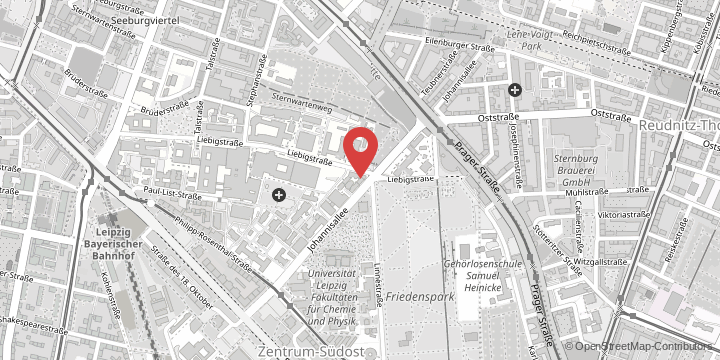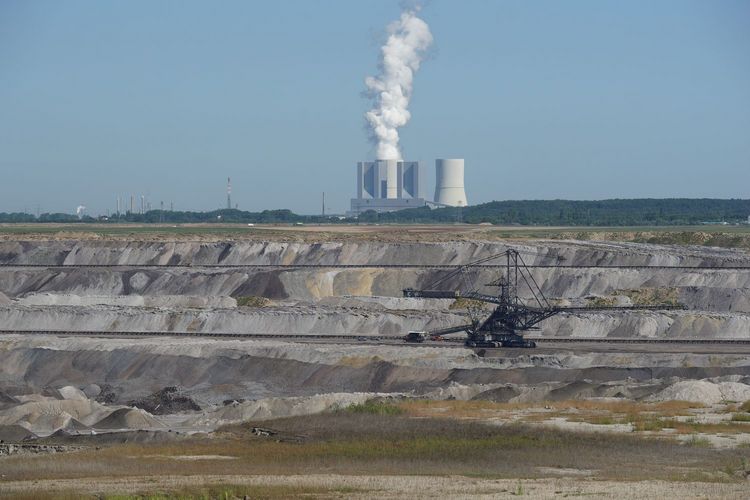On Thursday, the distinguished committee selected the six most convincing proposals from the more than 100 submissions, and recommended them to the BMBF for the initial funding phase. In the coming six months, the concepts need to be developed to the point where they are ready for implementation. After that, the concepts will be reviewed again before the actual construction of two centres in the former coal regions begins. In Lusatia in Saxony and in the Central German mining district, the establishment of two institutionally funded large-scale research centres is planned on the basis of federal legislation introduced to offer structural assistance to regions that have traditionally depended on the mining industry.
The “CMI – Center for Medicine Innovation” and the “Centre for Climate Action and Innovation – Research & Engineering” (CLAIRE), in which renowned scientists from Leipzig University are involved, will now translate their draft proposals into viable concepts for the site in the Central German mining district.
Responding to the news, Leipzig University Rector Professor Beate Schücking expressed her delight at the participation of researchers from her university: “For Leipzig University, this decision will mean fascinating opportunities for academic exchange within the University and with other higher education institutions and institutes. The excellent ideas for the large-scale research centre in the Central German mining district will facilitate the structural development of the former lignite regions in the long term. I would like to thank the scientists for this contribution to Leipzig as a centre of academia and research, and wish them all every success for the next phase. The projects that did not make it to the final round are still extremely important. We will continue to keep them in mind and use them for future applications by Leipzig University for Clusters of Excellence.”
Contributors from Leipzig University also shared their initial response to the decision on the final round of the competition for the large-scale research centre in the Central German mining district.
Center for Medicine Innovation (CMI)
Professor Jens Meiler, one of the scientists involved in the CMI project, is delighted: “For us, this is the first success on the way to using our research to make accessible, personalised, affordable and equitable medicine a possibility for all people. It is one of the greatest social challenges of the 21st century.”
The aim of the CMI is to use flexible structures to develop innovative digital value chains and technologies for effective personalised therapies “with the people, for the people”, and thus to drive forward the transformation of the Central German lignite mining district into a high-tech region for health research. The core technologies of the CMI (artificial intelligence and big data, software-based drug modelling, cell and gene therapies, and intelligent networked medical technology systems) are ushering in a fundamental transformation in healthcare. The CMI will create an efficient structure for smooth translation and transfer from basic research to application.
Further information: https://medicine-innovation.org/
Centre for Climate Action an Innovation – Research & Engineering (Claire)
Professor Johannes Quaas sees the competition committee’s decision as confirmation of the work performed by the project team: “The topic of climate action – understanding and applying knowledge to combat climate change – is of paramount and ever-growing importance to us and our economy in the region, but also far beyond. In the future, few economic sectors will not be strongly affected by climate change. Extreme precipitation events have just shown us the importance of reliable forecasts, precautions and adaptation. We at Leipzig University are looking forward to supporting Georg Teutsch in implementing this forward-looking initiative in CLAIRE in our region. Leipzig University will be instrumental in training the new minds for climate innovation.”
Led by Professor Georg Teutsch, Scientific Managing Director of the Helmholtz Centre for Environmental Research (UFZ), CLAIRE develops scientifically based system solutions for climate protection and climate adaptation that support regional transformation processes towards a carbon-neutral and climate-resilient society.
In this project, researchers from the following scientific institutions will pool their ideas and potential to create attractive innovation clusters with sustainable value creation in the former mining regions:
Leipzig University, iDiv Halle-Jena-Leipzig, Fraunhofer IMW Leipzig, Martin Luther University Halle-Wittenberg, TU Dresden, HHL Leipzig, DBFZ Leipzig, TROPOS Leipzig, IPK Gatersleben, IPB Halle, PIK Potsdam, ZALF Müncheberg, MPI-BGC Jena.
Further information: https://www.ufz.de/claire/
Science competition to create prospects for the region
With the competition “Wissen schafft Perspektiven für die Region!”, the BMBF and the Free State of Saxony are supporting the establishment of two new large-scale research centres in Lusatia in Saxony and the Central German mining district. Founding these large-scale research centres will strengthen Germany as a location for science and innovation, and contribute to developing Lusatia in Saxony and the Central German mining district into attractive regions that are equipped for the future. The BMBF, the Free State of Saxony and the State of Saxony-Anhalt will provide up to 170 million euros per year and centre for this purpose. Up to 3000 new jobs should be created in the vicinity of the large-scale research centres. Following the decision by the competition committee on the three finalists in each case and a six-month funding phase, the Federal Government and the Free State will decide on two viable concepts per region. The research teams each have 500,000 euros at their disposal for the final application phase.
Read the BMBF press release (in German)
































































